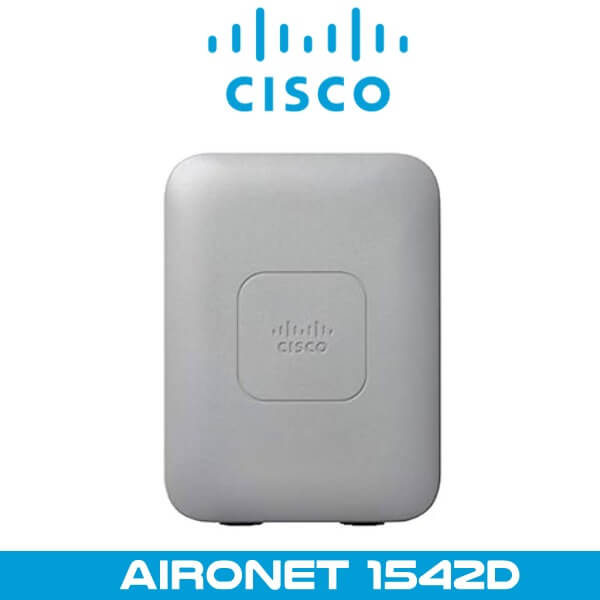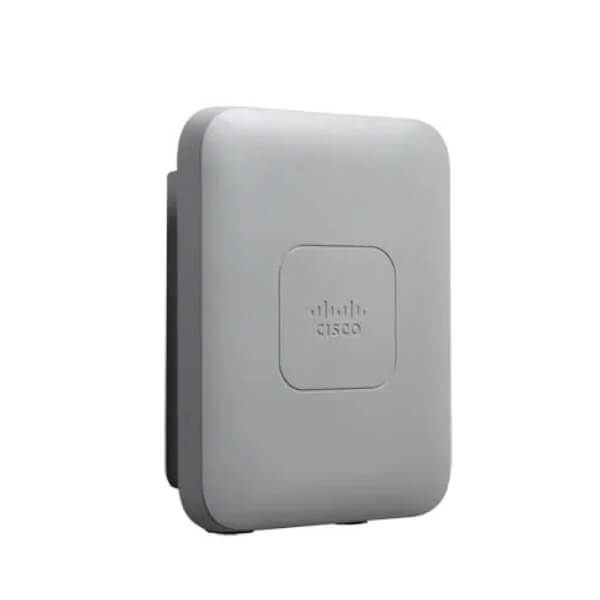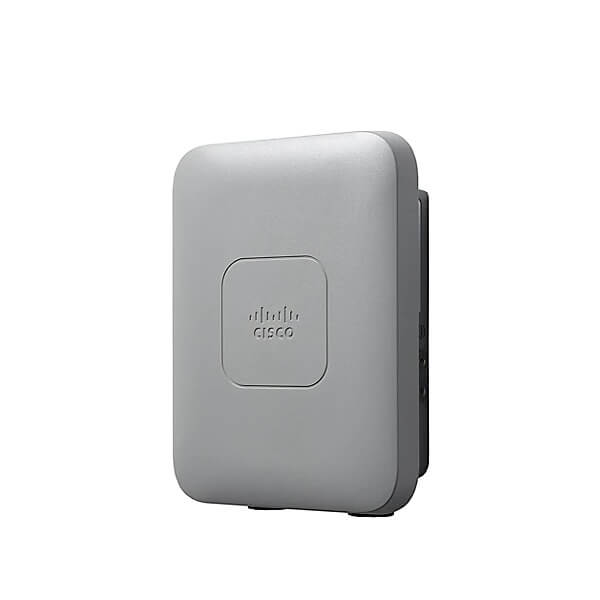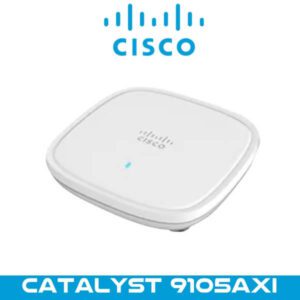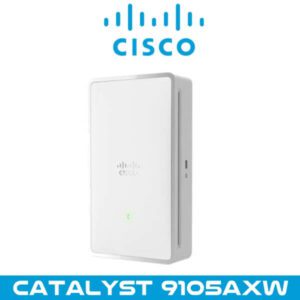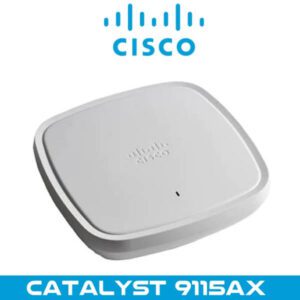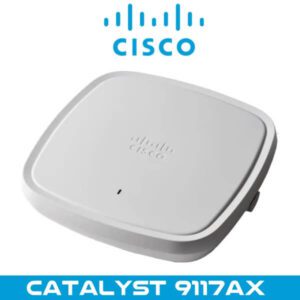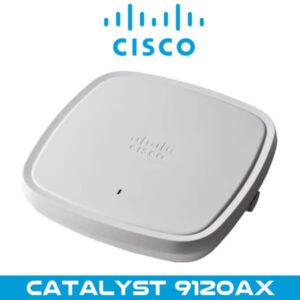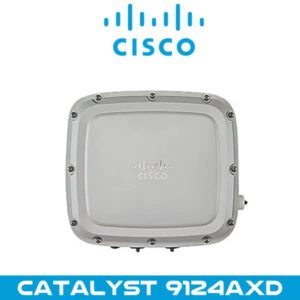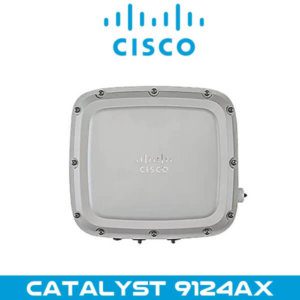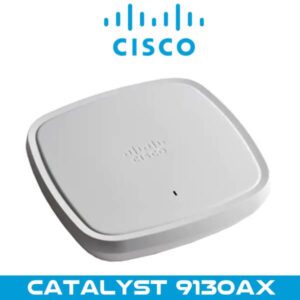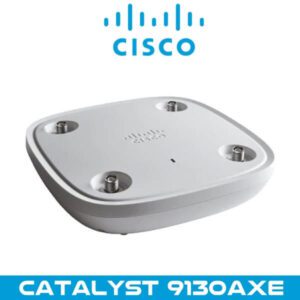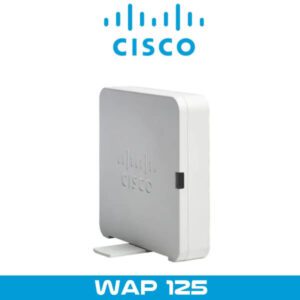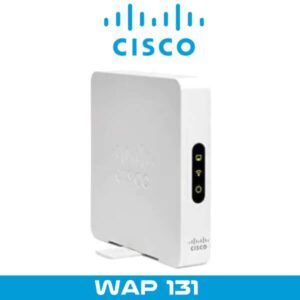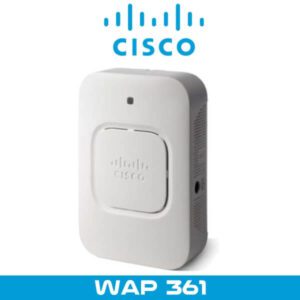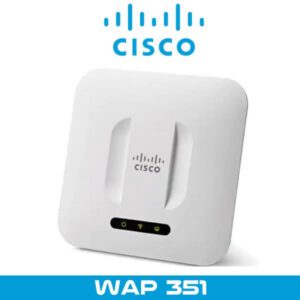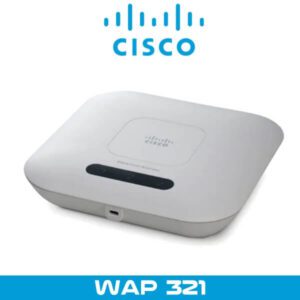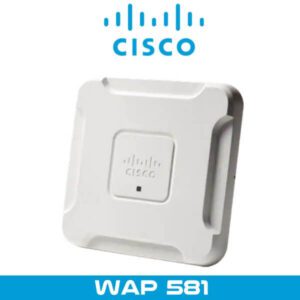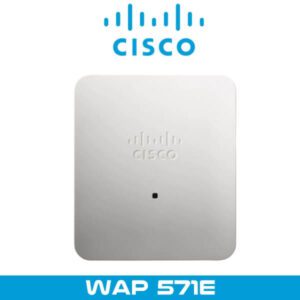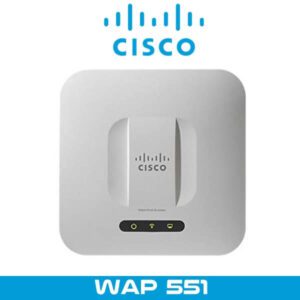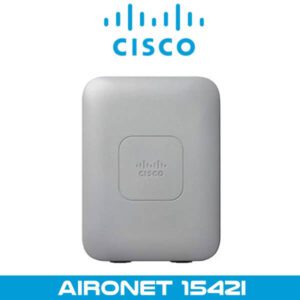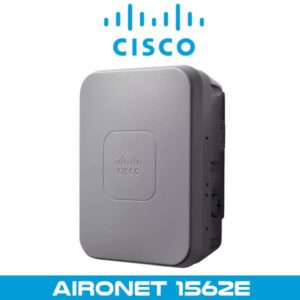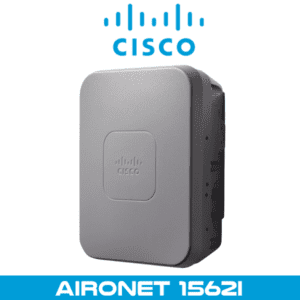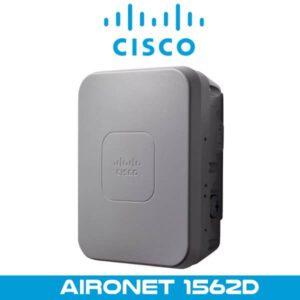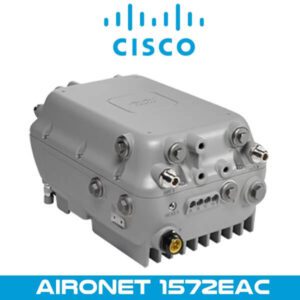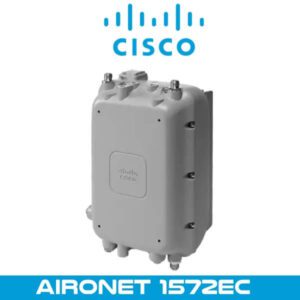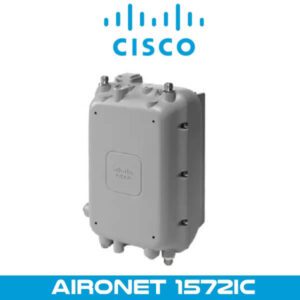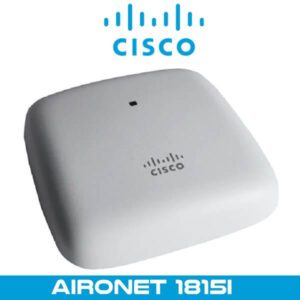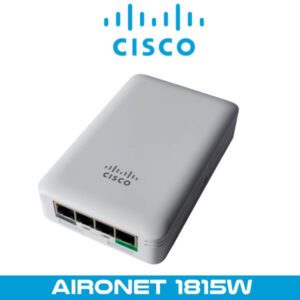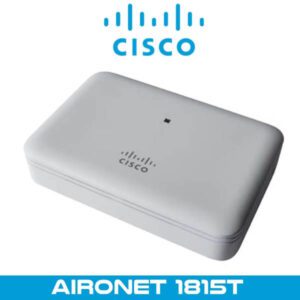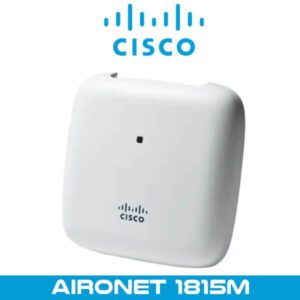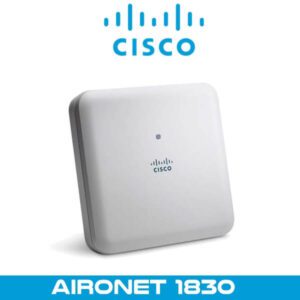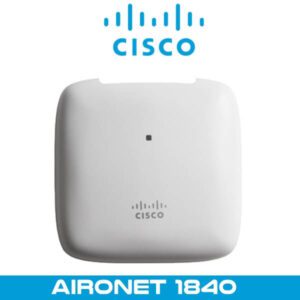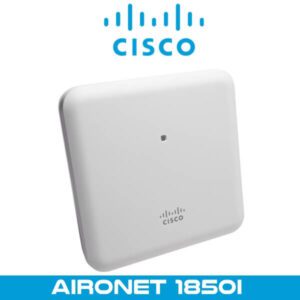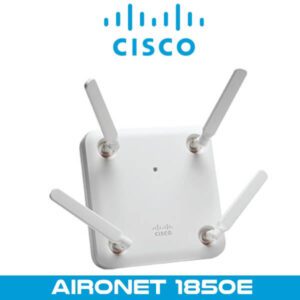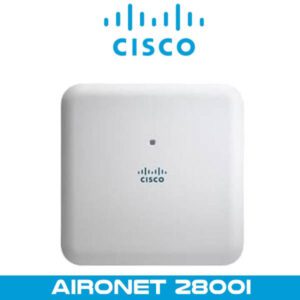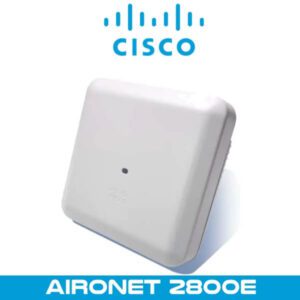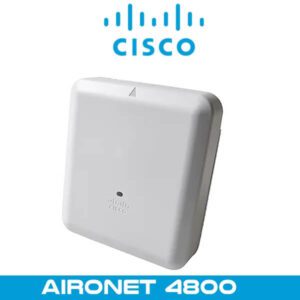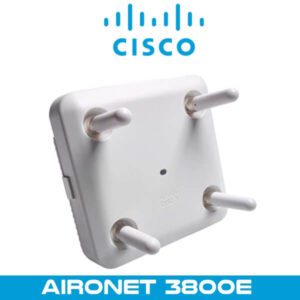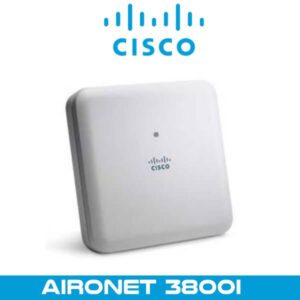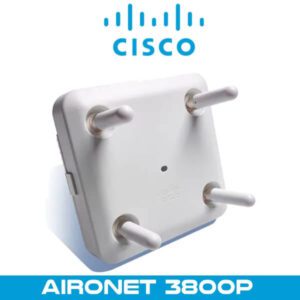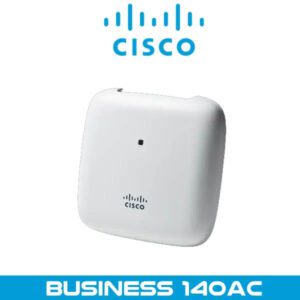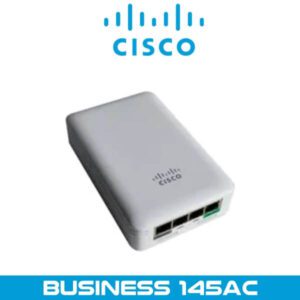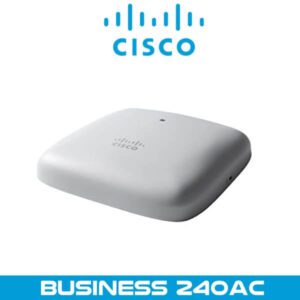Description
Cisco Aironet1542D Access Point Dubai
The Cisco Aironet1542D Dubai Outdoor Access Point is ideal for applications requiring rugged outdoor Wi-Fi coverage and supports the latest 802.11ac Wave 2 radio standard. Housed in a compact, aesthetically pleasing, easy-to-deploy package, the Cisco Aironet1542D Dubai Outdoor Access Point offers flexible deployment options for service providers and enterprise networks that need the fastest links possible for mobile outdoor clients (smartphones, tablets, and laptops) and wireless backhaul. The 1540 Series access points give network operators the flexibility to balance their desired wireless coverage with their need for easy deployment.
Whether deployed as a traditional access point or a wireless mesh access point, the Cisco Aironet1542D Dubai Outdoor Access Point provides the throughput capacity needed for today’s bandwidth-hungry devices.
Key Features:
Compact size- Enables deployment of the access point where it’s needed. The Cisco Aironet1542D Dubai easily mounts to walls or light poles without disturbing the aesthetics of the area.
802.11ac Wave 2 radio- Cisco Aironet1542D Dubai provides up to 867-Mbps data rates with 2 x 2 multiuser multiple-input, multiple-output (MU-MIMO) with up to two spatial streams.
Multiuser MIMO (MU-MIMO)- Cisco Aironet1542D Dubai supports multi-user MIMO which allows transmission of data to multiple 802.11ac Wave 2-capable clients simultaneously to improve client experience. Prior to the 802.11ac Wave 2 standard, access points could transmit data to only one client at a time, typically referred to as single-user MIMO.
Flexible deployment modes-Allows for deployment in a variety of ways, including as traditional access points and in mesh networks. Cisco Aironet1542D Dubai can also be deployed with the Cisco Mobility Express Solution. This deployment is ideal for small to medium-sized networks that that require 50 or fewer access points without a physical controller. All deployment modes are easy to set up and configure.
Technical Details
| General | |
| Device Type | Wireless access point |
| Ruggedized Design | Outdoor |
| Width | 5.9 in |
| Depth | 7.9 in |
| Height | 2.4 in |
| Weight | 2.76 lbs |
| Localization | United States |
| Expansion / Connectivity | |
| Interfaces |
|
| Power | |
| Power Over Ethernet (PoE) Supported | PoE+ |
| Power Consumption Operational | 13 Watt |
| Antenna | |
| Antenna | Internal |
| Antenna Qty | 2 |
| Directivity | Omni-directional |
| Gain Level | 5 dBi |
| Networking | |
| Form Factor | External |
| Connectivity Technology | Wireless |
| Data Link Protocol | IEEE 802.11b, IEEE 802.11a, IEEE 802.11g, IEEE 802.11n, IEEE 802.11ac Wave 2 |
| Network / Transport Protocol | L2TP, IPSec |
| Frequency Band | 2.4 GHz, 5 GHz |
| Capacity | Spatial streams: 2 |
| Features | MAC address filtering, VPN passthrough, reset button, Maximum Ratio Combining (MRC), 802.1x authentication, cyclic shift diversity (CSD), beamforming technology, packet aggregation A-MPDU, packet aggregation A-MSDU, Dynamic Frequency Selection (DFS), 2×2 MU-MIMO technology |
| Encryption Algorithm | LEAP, AES, TLS, PEAP, TTLS, WPA2 |
| Authentication Method | X.509 certificates, Extensible Authentication Protocol (EAP) |
| Compliant Standards | IEEE 802.11b, IEEE 802.11a, IEEE 802.3af, IEEE 802.11g, IEEE 802.1x, X.509, IEEE 802.11i, IEEE 802.11n, IEEE 802.3at, IEEE 802.11ac Wave 2 |
| Manufacturer Warranty | |
| Service & Support | Limited warranty – advance parts replacement – 1 year – response time: 10 days |
| Environmental Parameters | |
| Min Operating Temperature | -40 °F |
| Max Operating Temperature | 149 °F |
| Miscallaneous | |
| Compliant Standards | EN 60950, ICES-003, FCC Part 15.247, RSS-210, RSS-102, EN 61000-4-4, EN 61000-4-2, EN 61000-4-3, EN 61000-4-5, FCC Part 15.107, FCC Part 15.109, FCC Part 15.407, ARIB STD-T66, ARIB STD-T71, IP67, X.509, MIL-STD-810, EN 60950-1 Second Edition, IEC 60950-1 Second Edition, EN 300 328, FCC OET Bulletin 65c, EN 301 489-1, IEC 60529, AS/NZS 4268.2003, ANSI / IEEE 587 C62.41, NEMA 250-2008, EN 60068-2-5, UL 60950 Second Edition, CAN/CSA C22.2 No. 60950 Second Edition, EN 301 893, EN 301 489-17 |


